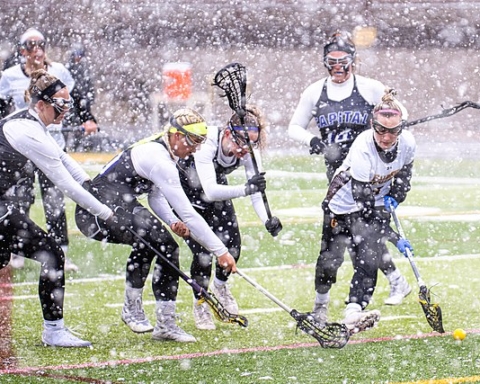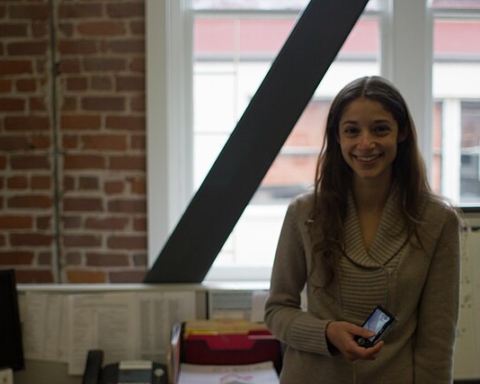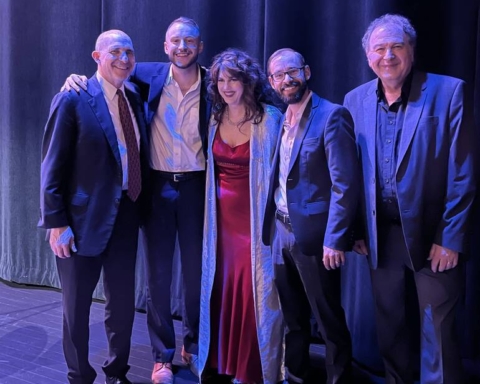By Lauren Zazzara
Features Assignment Editor
The word “feminist” has been thrown around in pop culture hundreds of times in the past few years. Emma Watson became an ambassador of HeForShe, a gender equality movement. Patricia Arquette spoke about wage inequality between genders in her Academy Awards acceptance speech this year. The Twitter account WomanAgainstFeminism makes sarcastic tweets about why women “don’t need” feminism.
In Roxane Gay’s book of essays titled “Bad Feminist,” she said she is a bad feminist because she enjoys songs that objectify women and she “sometimes plays dumb with repairmen because it’s just easier to let them feel macho than it is to stand on moral high ground.”
Then, she went into topics ranging from her personal experience to critiques on the show “Girls,” the movie “Bridesmaids,” and the “Fifty Shades of Grey” trilogy. She talked about inequality in publishing and about society’s lack of privacy and reproductive rights.
The great thing about this book, though, is that everyone, no matter man or woman, straight or queer, black or white, can empower themselves to stand up against any sort of injustice.
Gay has a distinct voice, one that is passionate and heartfelt and, at times, quite humorous, throughout all of her essays. She was relatable when she talked about reading the “Sweet Valley High Confidential,” a spinoff of her favorite book series as a child, and she says, “There wasn’t a page I turned, electronically speaking, where I didn’t think Girrrrrrrrrl, laugh aloud, or mutter ‘Mmmm.’” She had no problem making fun of herself when talking about her experiences with competitive Scrabble. She established, within the first few essays, trust with the reader, showing him or her that she was not writing from some lofty place, that she was not trying to preach or criticize.
After the essays, the reader moves into the commentaries, which inspire thought and reflection. She posed questions such as what is “Fifty Shades” really conveying to the world by misconstruing BDSM (bondage, domination, sadism and masochism) sexuality and abuse? Why does the show “Girls” have hardly any race in the cast besides white? Why are women so willing to forgive Chris Brown for beating up Rihanna just because he is attractive? Why do athletes escape punishment for sexual and domestic violence? Readers may disagree with some of Gay’s opinions, but her discussion of relevant, recent events made her pieces convincing and interesting.
Gay’s “Bad Feminist” covered racism, music, TV, movies, journalism, athletics and beyond. Therefore, it will attract a wide range of readers with a variety of interests. Gay’s voice is personal, engaging and humble, and she shows that inequality is an issue that needs to be cared about.
zazzarlm13@bonaventure.edu








